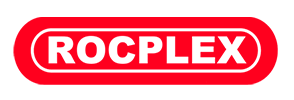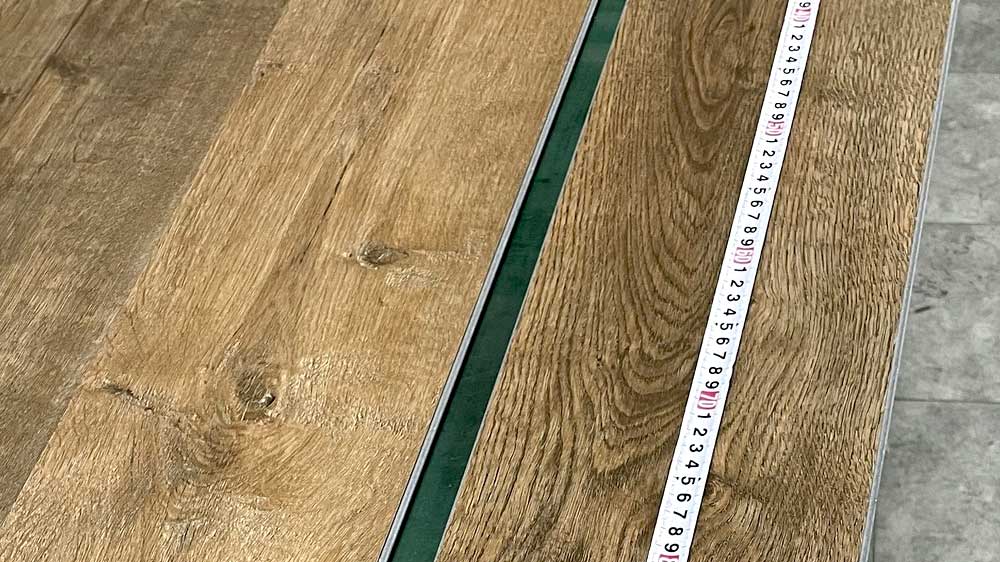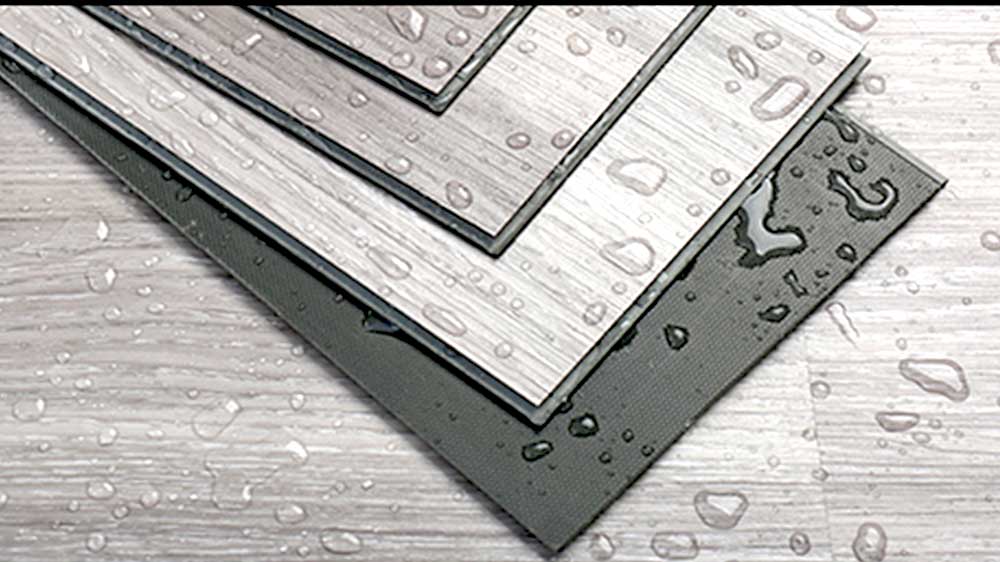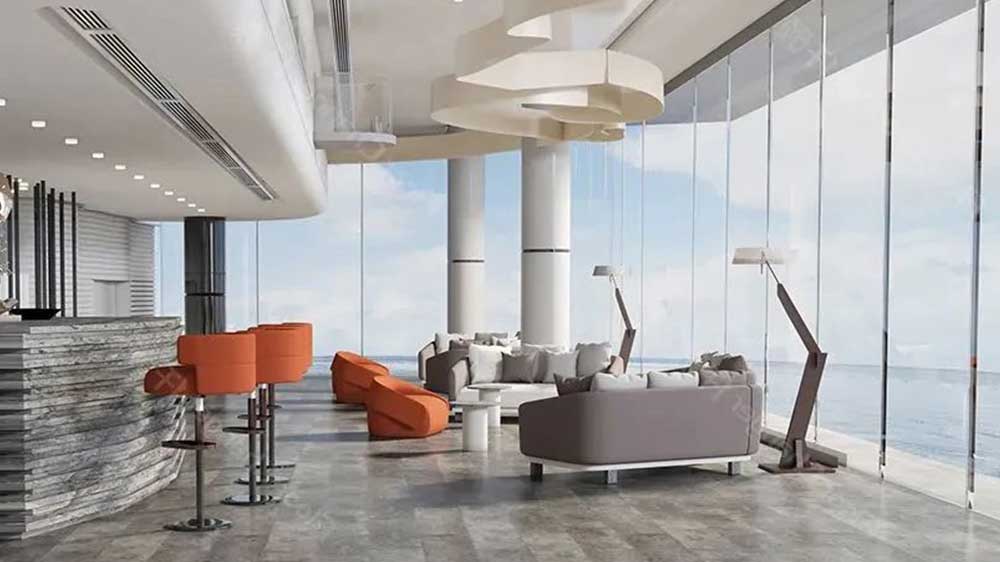What is Flooring Waterproof?
Waterproof flooring is specifically designed to prevent water penetration, making it an ideal choice for areas prone to moisture like kitchens, bathrooms, and basements. Unlike traditional flooring, which may warp or become damaged when exposed to water, waterproof flooring resists moisture, maintaining its integrity over time. Flooring waterproof options often include vinyl, laminate, and tiles, each with unique benefits catering to various needs. The top advantage of waterproof flooring lies in its resilience, as it can handle spills without any damage to its structure. Flooring waterproof types are also easy to clean, a practical benefit that homeowners appreciate, especially in busy areas of the home. These floors come in diverse styles, colors, and patterns, blending functionality with aesthetic appeal.
When selecting flooring waterproof options, it’s essential to consider not only water resistance but also factors like durability, installation method, and maintenance requirements. Vinyl flooring waterproof varieties are among the most popular due to their ease of installation and low maintenance needs. In addition, waterproof laminate flooring has gained popularity for those who love the look of wood but need the protection against moisture that a traditional wood floor may lack. Lastly, tile remains a classic choice for waterproof flooring, especially in bathrooms where high moisture levels are expected. Each of these materials brings unique qualities to the table, making them suitable for different spaces and user preferences.
Types of Flooring Waterproofing Options
1. Waterproof Vinyl Flooring
Vinyl has quickly become a preferred option for waterproof flooring due to its durability and ease of installation. Made from synthetic materials, vinyl floors can mimic natural materials like wood or stone, providing an affordable and water-resistant alternative. Vinyl flooring waterproof options often come in two types: sheet vinyl and luxury vinyl planks (LVP). While sheet vinyl offers a seamless look and excellent water resistance, LVP is thicker and offers the appearance of hardwood planks.
- Advantages: Vinyl is highly resistant to moisture, making it ideal for kitchens and bathrooms. It’s also scratch-resistant and easy to maintain.
- Disadvantages: While durable, vinyl can sometimes dent under heavy furniture or foot traffic, especially if a thinner option is chosen.
Types of Waterproof Vinyl
- Sheet Vinyl: Comes in large rolls, easy to install, and offers a continuous surface without seams.
- Luxury Vinyl Planks (LVP): Mimics hardwood floors with plank-shaped pieces, offering a more authentic look.
Waterproof vinyl flooring is favored in busy households, where ease of cleaning and resilience against spills are paramount. The synthetic composition of vinyl makes it entirely impervious to water, so even accidental spills won’t cause any damage, an essential factor in high-traffic areas.
2. Waterproof Laminate Flooring
Laminate flooring has come a long way with technological advances, and now waterproof varieties are available, providing a moisture-resistant solution while retaining the appeal of wood. Waterproof laminate flooring is crafted with a core that resists swelling, even when exposed to water, making it suitable for residential spaces with moderate moisture.
- Advantages: Waterproof laminate is affordable and provides an authentic wood look. It also resists scratches well.
- Disadvantages: It requires specific care, as improper cleaning methods may damage the top layer, compromising its water resistance.
Key Considerations for Waterproof Laminate
- Installation: This flooring type often uses a click-lock system, making DIY installation possible.
- Maintenance: Avoid using harsh chemicals for cleaning, as they may erode the protective layer over time.
Waterproof laminate flooring caters to individuals who want the aesthetic of wood without the maintenance challenges wood entails. It’s best suited for spaces like living rooms or entryways, where occasional moisture exposure may occur but not constant water contact.
3. Waterproof Tile Flooring
Tile remains one of the best flooring waterproof options, particularly for bathrooms, laundry rooms, and kitchens. Ceramic and porcelain tiles are naturally water-resistant, making them ideal for high-moisture areas. Additionally, tiles are resistant to mold and mildew, contributing to healthier indoor air quality.
- Advantages: Highly durable, tiles are resistant to water and wear. They’re also easy to clean and resistant to bacteria growth.
- Disadvantages: Tile floors can feel cold underfoot and may require area rugs for comfort in living spaces.
Types of Waterproof Tiles
- Ceramic Tile: Durable and comes in numerous designs; ceramic tile is suitable for both residential and commercial use.
- Porcelain Tile: Known for its density, porcelain is even more water-resistant than ceramic and is excellent for wet areas.
Tile flooring waterproof options offer the best protection in high-moisture environments, and their natural resistance to bacteria and mildew makes them an excellent choice for family bathrooms and kitchens. Their aesthetic versatility is also a bonus, as tiles are available in a variety of colors, shapes, and patterns to match any design style.
Choosing the Right Flooring Waterproofing Type
When selecting a waterproof flooring option, consider both your needs and the specific characteristics of each flooring type. Areas with high moisture levels, like bathrooms and basements, may benefit most from tiles, while vinyl is an excellent choice for kitchens and other high-traffic areas. Laminate, with its wood-like appearance, is often chosen for its aesthetic appeal in living rooms and bedrooms, where water exposure is less frequent but still possible.
Evaluating Material and Durability
Each material has distinct properties and durability levels. For instance, vinyl offers significant resilience to scratches and dents, while tiles are resistant to moisture and wear but can chip or crack under heavy impact. Laminate balances durability with aesthetic appeal, providing a wood-like appearance at a lower cost.
Installation Ease
Some flooring waterproof types, like vinyl and laminate, are relatively easy to install, making them popular for DIY enthusiasts. Tile installation, however, may require professional expertise due to the precision involved in laying tiles and grouting.
DIY Installation Tips
- Vinyl: Sheet vinyl can be laid out easily with adhesive, while planks may use a click-lock system.
- Laminate: Often available in interlocking pieces, making installation quick and easy.
Maintenance Needs
Each waterproof flooring type has specific maintenance needs, and understanding these can help extend the lifespan of the floors. Vinyl and tile are generally easy to clean, but laminate requires care to prevent damage to the protective layer. Using appropriate cleaning agents and methods is essential for maintaining the appearance and functionality of waterproof floors.
Pros and Cons Comparison of Flooring Waterproof Options
|
Type |
Pros |
Cons |
|
Vinyl |
Highly water-resistant, affordable, scratch-resistant |
Prone to dents, may fade over time |
|
Laminate |
Wood-like appearance, affordable |
Needs specific care, not suitable for wet areas |
|
Tile |
Extremely durable, resistant to mold |
Cold underfoot, may require professional installation |
The table above illustrates a comparison of these waterproof flooring options, making it easier to choose the one that best suits your space requirements and aesthetic preferences.
Environmental Impact of Flooring Waterproof Options
Many homeowners today consider the environmental impact of their flooring choices. Vinyl, though affordable and durable, is a synthetic product and may not be the most eco-friendly option. Laminate, on the other hand, can be more sustainable when sourced from responsibly managed forests. Ceramic and porcelain tiles also offer an eco-friendly alternative, as they’re made from natural materials and can be recycled.
Comparing Aesthetics of Flooring Waterproof Options
The visual appeal of flooring can greatly influence the ambiance of a room, and waterproof flooring types come in a wide variety of designs to match diverse styles.
Vinyl’s Versatile Styles
Vinyl flooring is available in countless styles, from wood-look to stone-look finishes. The design versatility of vinyl is unmatched, as it can replicate materials like hardwood and marble at a lower cost. With advancements in printing technology, vinyl planks and tiles achieve a highly realistic appearance that can enhance both traditional and modern interiors.
- Wood-Look Vinyl: Mimics various wood grains, giving a warm and natural aesthetic.
- Stone-Look Vinyl: Emulates materials like marble and granite, adding an elegant touch to any room.
Laminate’s Realistic Wood Appeal
Laminate flooring waterproofing varieties are designed to resemble authentic wood floors. This makes them an ideal option for living spaces where a classic, warm look is desired. Waterproof laminate flooring offers a more budget-friendly alternative to hardwood, maintaining its charm without the risks associated with water damage.
- Rustic Finishes: Adds character to farmhouse or vintage-style interiors.
- Sleek, Polished Finishes: Complements modern or minimalist decor.
Tile’s Classic Elegance
Tile flooring waterproof choices often appeal to those seeking durability combined with a timeless aesthetic. Ceramic and porcelain tiles come in a wide range of colors, shapes, and patterns, making them an adaptable choice for any space. Their smooth, reflective surface also adds brightness to rooms with limited natural light.
- Mosaic Patterns: Ideal for creating statement floors in bathrooms and kitchens.
- Natural Stone Finishes: Mimic the look of slate, travertine, or limestone, providing an organic feel.
Safety and Comfort of Flooring Waterproof Choices
Waterproof flooring options differ in their level of comfort and safety features, especially in homes with children, pets, or elderly family members.
Slip Resistance
Slip-resistant flooring waterproof types are essential for areas like bathrooms and kitchens. Some vinyl and tile flooring options include textured surfaces, which reduce the risk of slipping, providing an extra layer of safety in moisture-prone areas.
- Vinyl with Textured Surface: Provides added grip in areas where spills are common.
- Matte-Finish Tiles: Offer slip resistance while maintaining a stylish look.
Comfort Underfoot
When it comes to comfort, vinyl flooring is typically softer underfoot than tile, making it a preferred option for homes where people stand or walk frequently. Laminate also provides a more cushioned feel, especially when installed with an underlayment, adding comfort in spaces like living rooms and bedrooms.
- Vinyl: Soft and warm underfoot, ideal for high-traffic areas.
- Tile: Though durable, tile can feel hard and cold, requiring rugs for additional comfort.
Cost Comparison of Flooring Waterproof Options
Budget is often a significant factor when selecting flooring, and waterproof options vary in cost based on the material and installation requirements.
Vinyl: Cost-Effective and DIY-Friendly
Vinyl flooring waterproof types are among the most affordable options, with prices varying based on quality. Sheet vinyl is generally less expensive, while luxury vinyl planks (LVP) may come at a higher price point due to their durability and aesthetic quality.
Laminate: Budget-Friendly with a Premium Look
Laminate flooring offers an affordable alternative to hardwood while providing a similar appearance. Waterproof laminate typically costs more than standard laminate but remains a cost-effective option for spaces requiring moisture resistance.
Tile: High Initial Investment with Long-Term Benefits
Tile flooring is often the most expensive waterproof option, both in terms of material and installation. However, it offers unparalleled durability, which can offset the initial cost over time. Tiles are less likely to need frequent replacement, making them a sound investment for areas with heavy wear and tear.
Maintenance of Flooring Waterproofing Options
Maintaining waterproof floors is essential to ensure their longevity and aesthetic appeal. Each type of flooring requires specific care methods to maintain its quality and appearance.
Vinyl Maintenance
Vinyl flooring is relatively easy to maintain. Regular sweeping and occasional mopping are usually enough to keep it looking clean. Using mild cleaning agents and avoiding harsh chemicals is recommended to preserve the floor’s water-resistant finish.
Laminate Maintenance
Laminate requires careful maintenance to avoid moisture buildup, as water can seep between planks if not cleaned up promptly. Use a damp, not wet, mop for cleaning and avoid steam cleaners, which may damage the protective layer.
Tile Maintenance
Tile is the easiest to maintain in high-moisture areas. It’s highly resistant to water and can be cleaned with most standard cleaning solutions. Regular grout cleaning is essential to prevent mold and mildew buildup, especially in bathrooms and kitchens.
FAQs about Flooring Waterproof
Q1: Can I install waterproof flooring myself?
A: Yes, many waterproof flooring options, especially vinyl and laminate, are designed for DIY installation with click-lock or adhesive systems.
Q2: Is waterproof laminate suitable for bathrooms?
A: While waterproof laminate can resist moisture, it’s best used in areas with less water exposure than bathrooms. Tile or vinyl is generally better for bathrooms.
Q3: Does waterproof vinyl emit harmful chemicals?
A: High-quality waterproof vinyl flooring meets health and safety standards and is typically free from harmful chemicals. Look for certifications like FloorScore for reassurance.
Q4: How long does waterproof flooring last?
A: With proper maintenance, vinyl and laminate can last 10-20 years, while tile can last several decades.
Q5: Can waterproof flooring be used in basements?
A: Yes, waterproof flooring like vinyl and tile is ideal for basements, as it resists moisture and can withstand occasional flooding better than other materials.
Tiles Vinyl Flooring: The Best Choice for Every Home
Post time: Nov-16-2024




